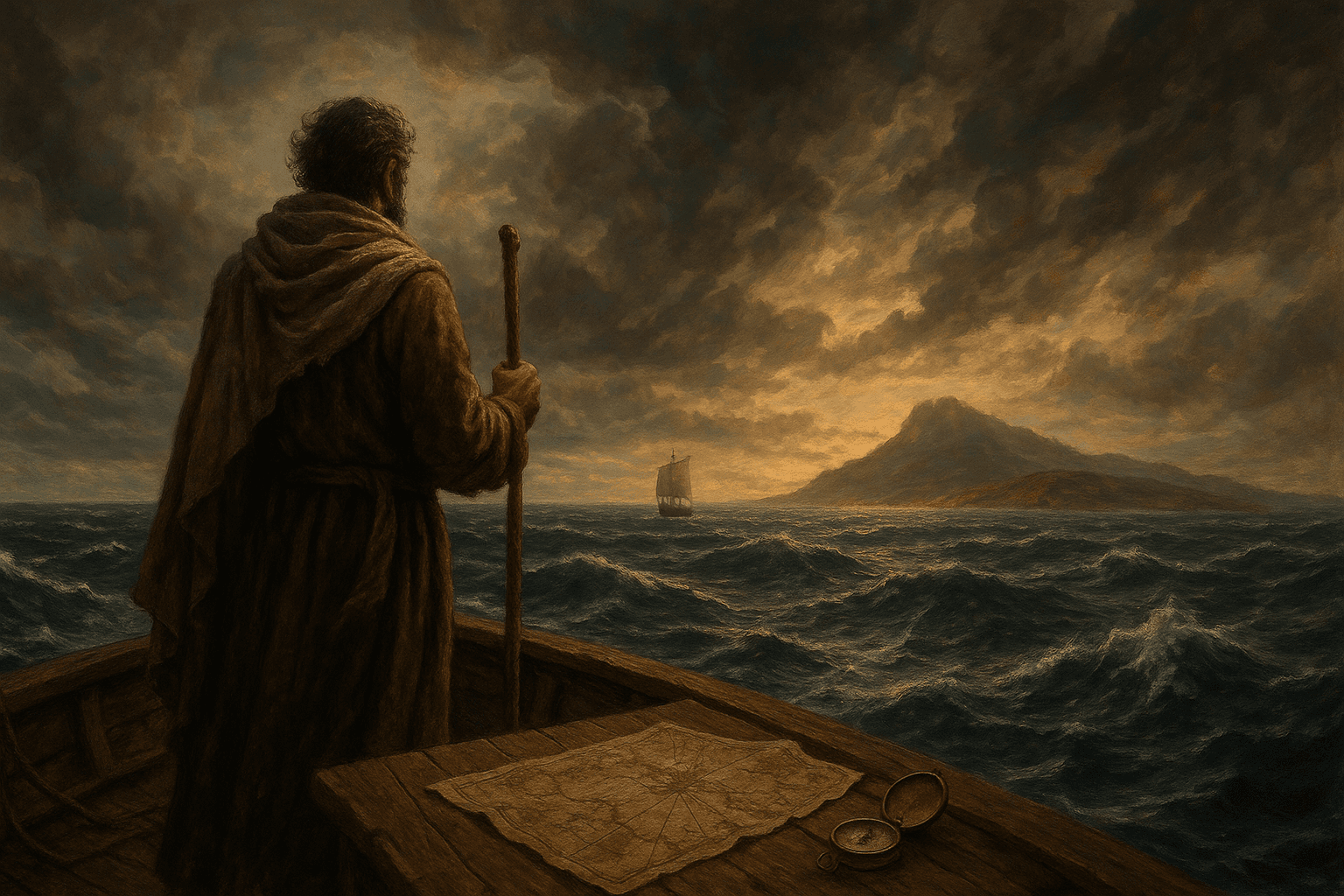The Odyssey: A Journey of Identity in the Search for Home

In the vast expanse of epic poetry, few themes resonate as profoundly as the search for identity, and Homer's 'The Odyssey' masterfully illustrates this through the intertwined journeys of Ulysses and his son, Telemachus. As they navigate the trials of absence, loss, and the call of home, their quests reveal the complexities of identity shaped by experiences, relationships, and the inexorable passage of time.
From the very beginning, Ulysses finds himself trapped on Calypso's island, yearning not just for his homeland of Ithaca but for the identity he holds as a husband and father. His longing forces readers to ponder: what truly defines us? Is it our achievements, our roles, or the relationships we cherish? Ulysses’ struggle is not merely a physical journey but an emotional odyssey to reclaim his identity after years of torment and separation.
On the other side of the sea, Telemachus grapples with his own sense of self. The absence of his father casts a long shadow over his youth, and as he confronts the suitors invading his home, he struggles to assert his authority. With Minerva's guidance, he embarks on a quest that symbolizes his transition from boyhood to manhood. He must define himself not just as Ulysses’ son but as a man worthy of his own legacy. His encounters with figures like Nestor and Menelaus further illuminate his struggle, as he learns about his father's past while wrestling with his own emerging identity.
Throughout their journeys, Ulysses and Telemachus face numerous obstacles that force them to confront their identities head-on. Ulysses, in disguise, endures mockery from the suitors, yet he embodies resilience and strength as he plots his return. His journey to the Underworld, where he meets the spirits of his past, emphasizes the weight of identity shaped by memory and legacy. Meanwhile, Telemachus’ determination to protect his mother and reclaim his home signifies a burgeoning sense of responsibility, marking his evolution into a formidable man.
Their eventual reunion is a poignant culmination of their individual quests. The moment when Ulysses reveals his true identity to Telemachus is charged with emotion, encapsulating the essence of their shared struggles for recognition and belonging. It’s a powerful reminder that identity is not just a solitary pursuit but is deeply intertwined with our connections to others.
As the narrative unfolds, 'The Odyssey' invites readers to reflect on their own journeys of self-discovery. The theme of identity resonates beyond the epic, reminding us that our experiences, relationships, and the trials we face shape who we are. Just like Ulysses and Telemachus, we all seek to reclaim our places in the world, striving to define ourselves amidst the chaos of life.
In the end, the quest for identity in 'The Odyssey' is a timeless journey that speaks to the heart of human experience. It beckons us to consider: in our search for home, who do we become along the way?
Books: The Odyssey / Rendered into English prose for the use of those who cannot read the original
Authors: Homer
Publishers: Public Domain